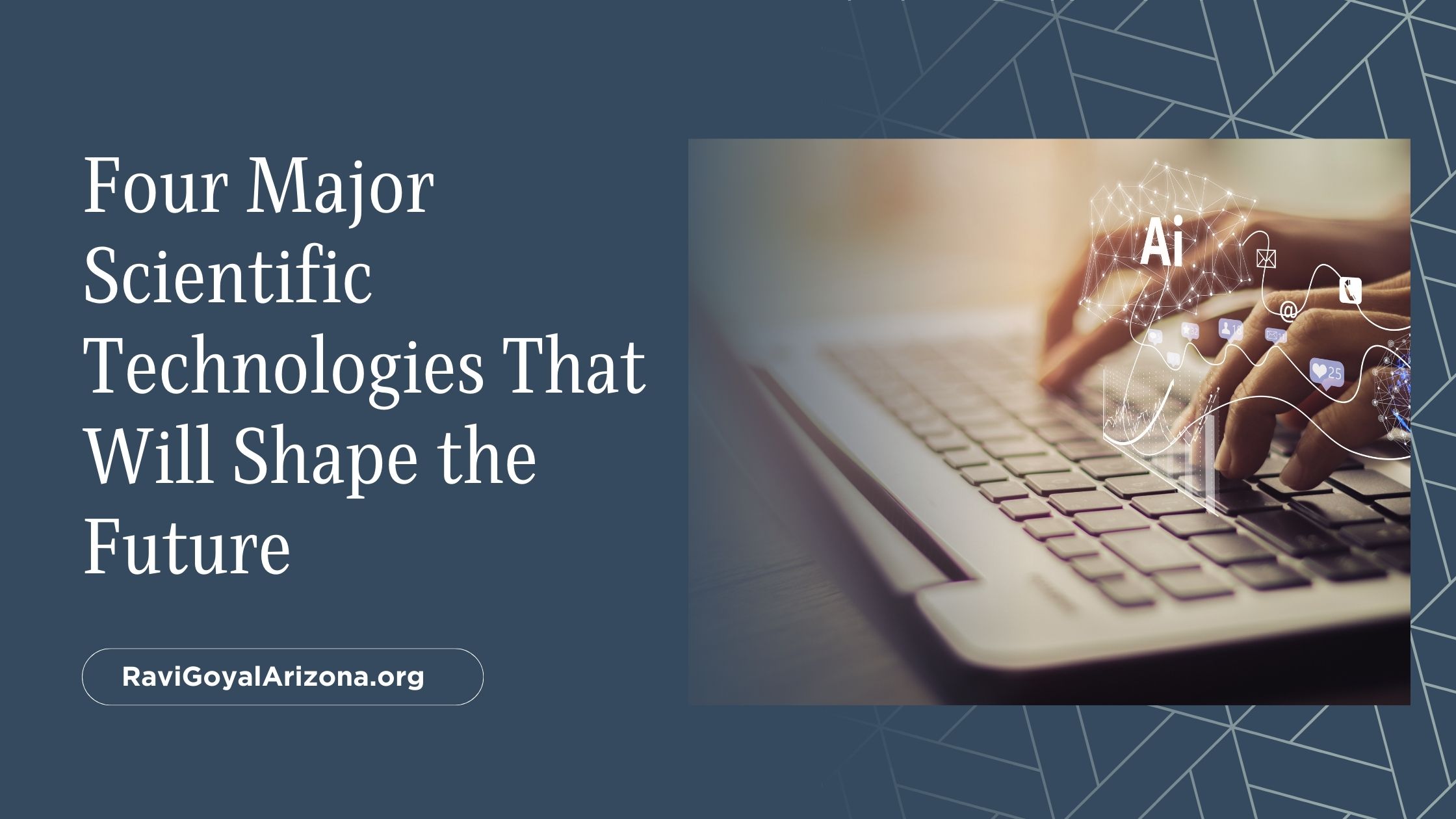Science and technology are rapidly advancing, and with these advancements come new opportunities and challenges that shape our future. In this blog post, we will explore four major scientific technologies that are set to transform the world in the coming years.
Quantum Computing
Quantum computing is a rapidly advancing field with the potential to revolutionize how we solve problems that are currently impossible for classical computers. Quantum computers use quantum bits or qubits, which can exist in a superposition of states, allowing faster and more efficient computations. Researchers are working on developing more stable and scalable quantum computers that can be used for a variety of applications, including cryptography, drug discovery, and climate modeling.
Gene Editing
Gene editing technologies such as CRISPR-Cas9 have already made significant breakthroughs in the medical field, allowing for precise modifications of genetic material. Gene editing has the potential to cure genetic diseases, enhance crops and livestock, and even eliminate invasive species. However, there are also ethical concerns surrounding gene editing, such as the potential for eugenics and unintended consequences of genetic modifications.
Artificial Intelligence
Artificial intelligence (AI) has significantly advanced in recent years, and its potential applications are vast. From autonomous vehicles to personalized medicine, AI has the potential to revolutionize many industries. However, as AI becomes more powerful, concerns about job displacement and ethical considerations such as bias and privacy are becoming increasingly important.
Renewable Energy
Renewable energy technologies such as solar and wind power have already made significant contributions to reducing carbon emissions and combating climate change. However, there is still room for improvement and expansion of these technologies, as well as the development of new technologies such as advanced batteries and fusion energy.
In conclusion, these four scientific technologies can potentially shape our future significantly. As these technologies continue to develop, it is essential to consider their potential benefits and risks and ensure they are used ethically and responsibly. By investing in research and development in these areas, we can create a better future for ourselves and for generations to come.

